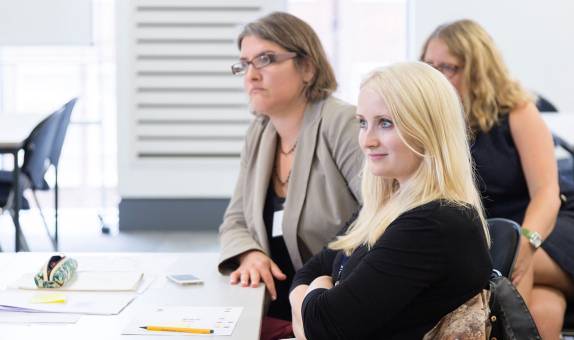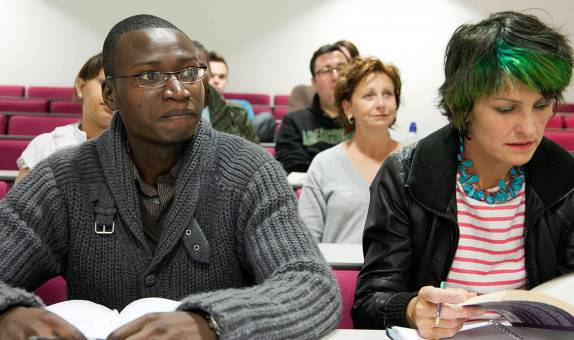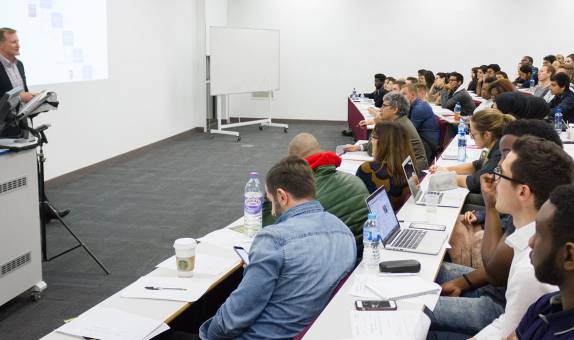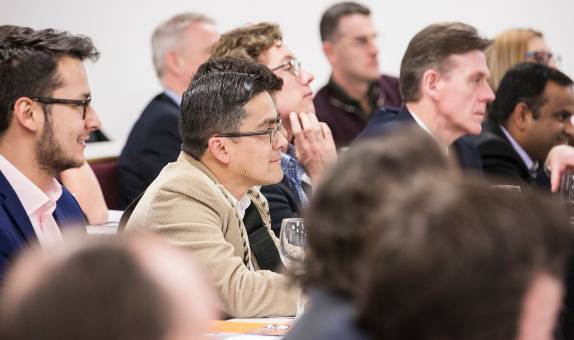Attitudes To Enterprise (ATE) test
Upcoming events
The ATE test was developed by Rosemary Athayde of the Small Business Research Centre, Kingston University. The ATE test is a robust evaluation tool designed to support enterprise and entrepreneurship education, which can be used in a variety of ways.
Administered pre- and post-programme, the test can be used to measure the efficacy of individual enterprise education programmes around the world. The impact of a programme on different demographic and ethnic groups can therefore be assessed. The test also enables international comparisons of enterprise potential in young people, and of enterprise education provision in different countries.
The ATE test measures young people's attitudes towards enterprise and enterprising behaviour. Static trait theories, such as Eysenck's model of personality and McClelland's need for achievement theory, have been shown to be inadequate explanations for entrepreneurial behaviours.
Unlike the trait approach, social cognitive theory is a dynamic approach which posits that a person's characteristics such as attitudes, beliefs, values, and intentions are constantly moulded throughout life. The ATE test, therefore, is grounded in social cognitive theory and attitude theory, and has been rigorously validated through a series of national and international studies. A copy of the initial pilot studies is available via the British Library.
Kingston University oversees the collection of an international dataset involving several countries, including Qatar, Croatia, the USA, South Africa and Spain. The ATE test is currently being used in a national evaluation of young people in Spain by the Department of Theory and History of Education and Social Pedagogy, University of Seville.
The aims of the project are to determine the degree of students' entrepreneurial identity through the evaluation of two national programs (EME and EJE) throughout the Spanish educational system; to interpret the current situation of entrepreneurship education for adolescents in Spain; and to guide decision-making for planning, development and evaluation of programs aimed at promoting the entrepreneurial culture in Spanish compulsory education.
Publications on the test have appeared in leading journals such as Entrepreneurship Theory & Practice, International Review of Entrepreneurship, and Education & Training, various conferences including ISBE and ICSB, and at the United Nations Economic Commission Working Party on Youth Entrepreneurship in Geneva, Switzerland in 2004.
If your institution would also like to use the test an online version is available.
The data will be collected and forwarded to you by Kingston University, and assistance with calculating and interpreting the results can be provided.
Contact us
Professor Robert Blackburn
Associate Dean for Research
Kingston Business School
Email: R.Blackburn@kingston.ac.uk












